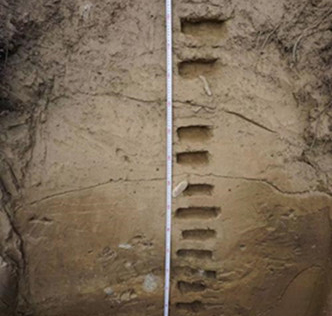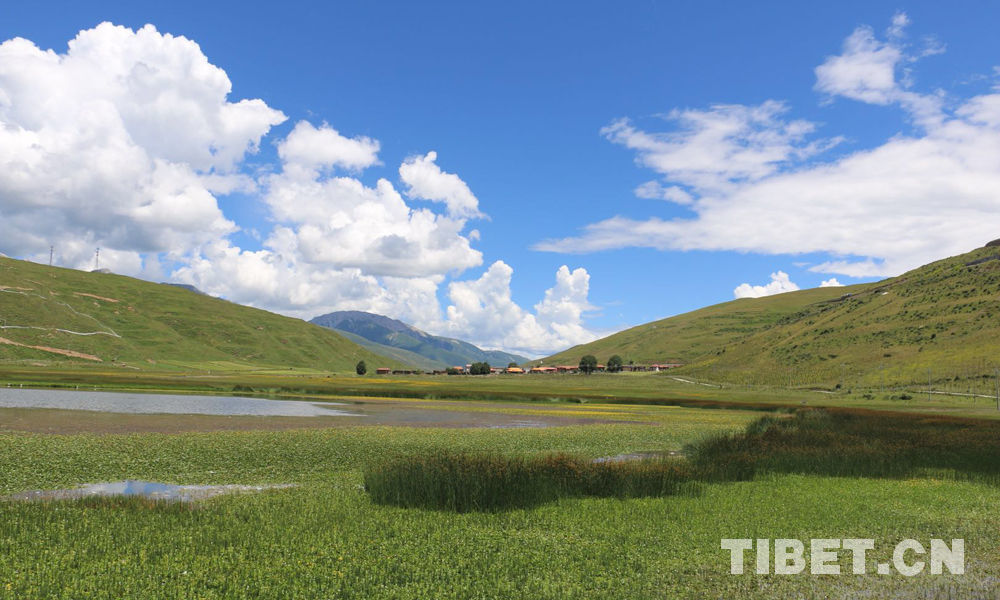Humans arrived in Qinghai-Tibet Plateau 40,000 years ago:study
The Ancient Vertebrates and Humans Research Institute of the Chinese Academy of Sciences has found that ancient humans set foot on the Qinghai-Tibet plateau, known as “Roof of the World” as early as 40,000 to 30,000 years ago.
This important discovery and conclusion by Chinese scientists was first published online in the American journal Science in the early morning hours of November 30th (Beijing time). The discovery has pushed the first traces of humans on the Qinghai-Tibet Plateau to about 40,000 years ago, and has provided the earliest record of humans conquering a high-altitude and extreme environment.
According to a press conference hosted by the Chinese Academy of Sciences and the National Cultural Heritage Administration, after years of investigation, excavation, and research, ruins of human remains of the Paleolithic-age were found in the Qiangtang Plateau in northern Tibet, The ruins, at an altitude of 4600 meters, are of a big scale, have well-preserved layers, and have dense distribution of stoneware,hinting at the oldest signs of human activity in this highest-altitude landscape.
Editor:Yanina
Tibet Stories

A family of three generations stick to inheritance of Tibetan opera
The Tibetan opera, an intangible cultural heritage in Tibet, originated in the 14th century....
Latest News
- UN General Assembly president launches global campaign against plastic pollution
- Russia says U.S. knows it strictly complies with INF Treaty
- U.S. soybean farmers hail "positive" outcome from Xi-Trump meeting
- Space burial of 100 people realized by SpaceX Rocket
- Pompeo to attend NATO FM meeting in Belgium


